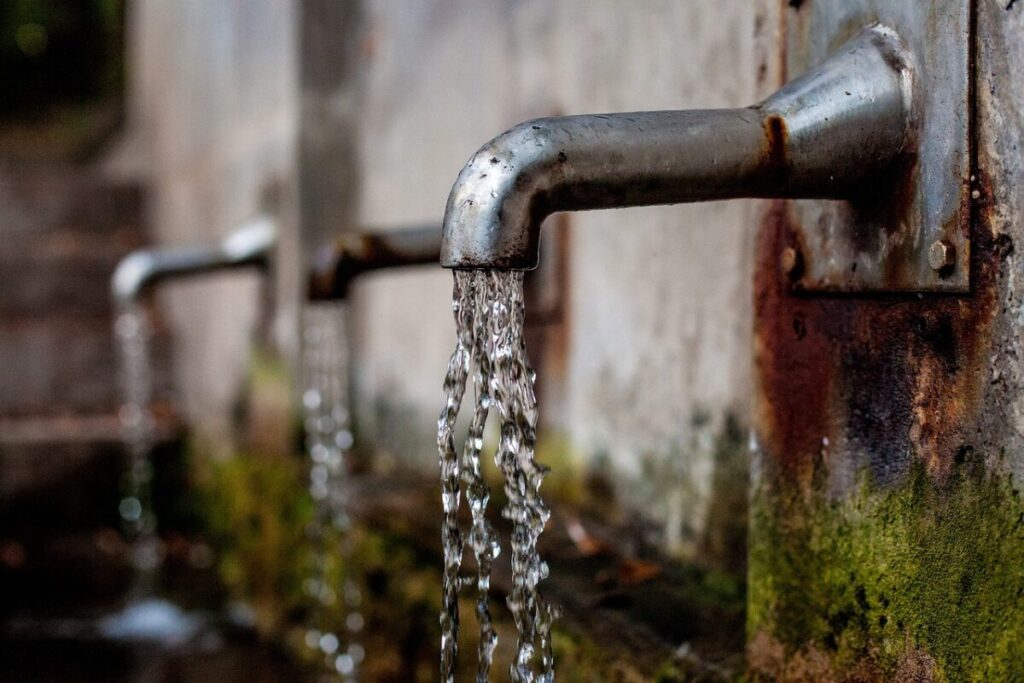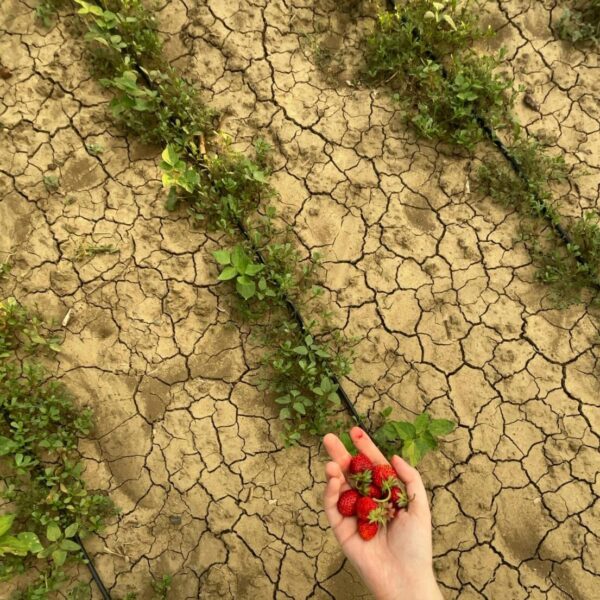Climate change disrupts the water cycle and exacerbates freshwater scarcity. In the face of this planetary crisis, ecologist Karl Matthias Wantzen advocates, in a series of opinion pieces published by 22-med, for a “river culture.” He defends a political and ethical re-foundation based on shared responsibility, inspiration from ancient cultures, and cooperation between Southern and Northern territories.
This article is a summary of 3 interviews between scientists published in 22-med in May 2024. A dialogue between Bernard Mossé, scientific director of Neede Méditerranée, and Karl Matthias Wantzen, professor at the University of Strasbourg in charge of the UNESCO chair “Rivers and Heritage,” who also leads an interdisciplinary chair “Water and Sustainability” for the trinational university partnership “EUCOR - The European Campus.” These interviews can be found HERE in the 11 languages used on the site.
Water, like oil yesterday, is becoming a source of increasing tensions between agricultural, urban, and industrial uses. Climate warming intensifies the pressure: irregular rainfall, dry rivers, overexploited aquifers, extreme droughts, and sudden floods create a new geography of shortages. “We are faced with a vicious circle: the rarer the resource becomes, the greedier we are,” observes Karl Matthias Wantzen.
A vital resource increasingly contested
The planetary hydrosystem is profoundly altered by centuries of land management policies that have disrupted balances. “Only one third of the major rivers can still flow freely,” reminds the ecologist. The sealing of soils, destruction of wetlands, massive deforestation of watershed heads, and fragmentation of waterways by dams have broken natural cycles. “We have crossed a threshold. The catastrophe sometimes exceeds a human lifespan: the damage becomes irreversible over several generations.” To respond to increasing tensions, Karl Matthias Wantzen proposes to “put the river at the center of the territory.” This is the heart of his concept of “river culture”: organizing water management not according to political divisions but according to watersheds, transformed into “hydrotories,” these “basins of responsibility” where the interests of the inhabitants are structurally linked.
“Rivers cross several territories, yet humans draw borders that fragment their management. This is a historical mistake,” he explains. For him, only shared, negotiated governance among all actors of a basin can guarantee the sustainability of the resource. Like the cross-border cooperation around the Rhine, initiated after a chemical pollution incident in 1986, these alliances can emerge — often after tragedies. “Often, catastrophe is the trigger for a shared destiny.”
The North must learn from the South
Another ongoing transformation: the “Mediterraneanization” of Northern Europe. Droughts, fires, torrential rains, and dried-up rivers are no longer exclusive to Southern countries. “Singular events are becoming regular. Normality is changing.” For Wantzen, Northern territories must draw inspiration from the practices of sobriety developed in Mediterranean regions: rational use, revitalization of wetlands, abandonment of unsuitable crops, etc.
“No longer growing strawberries in winter in Morocco for European markets is also a question of ecological decency.” He denounces a “hydrovore” consumption where water is exported through agricultural products while drought settles in. “It’s absurd: we are gradually selling our future.”
An ethics to regain trust
But beyond technical or institutional solutions, Wantzen calls for a “new (old) ethics.” It is about considering nature as a partner and not as a stock of resources. “We must integrate the future into our present decisions, expand our compassion to living beings and ecosystems.”
Without falling into spiritualism, he proposes to combine scientific knowledge and traditional wisdom. “Listening to the song of the fishermen of the Senegal River is to understand the long-term hydrology of the river.” He advocates for participatory devices, living labs, where scientists, citizens, and decision-makers experiment together with reproducible solutions. “We have wasted a lot of time repeating the same mistakes. We need to transmit and cooperate.”
“We must change now”
In the face of urgency, Karl Matthias Wantzen is categorical: “We cannot just say that we need to better educate young people so they can do better. It is today that we must act.” The ecological crisis demands a radical change in practices, priorities, and perspectives on water. And this change can only occur by mobilizing all scales: from the local river to North-South cooperation, from the citizen to the scientist, from individual actions to land management.

Featured Photo: no longer growing strawberries in winter in Morocco is also a question of ecological decency © Nur - Pexel
